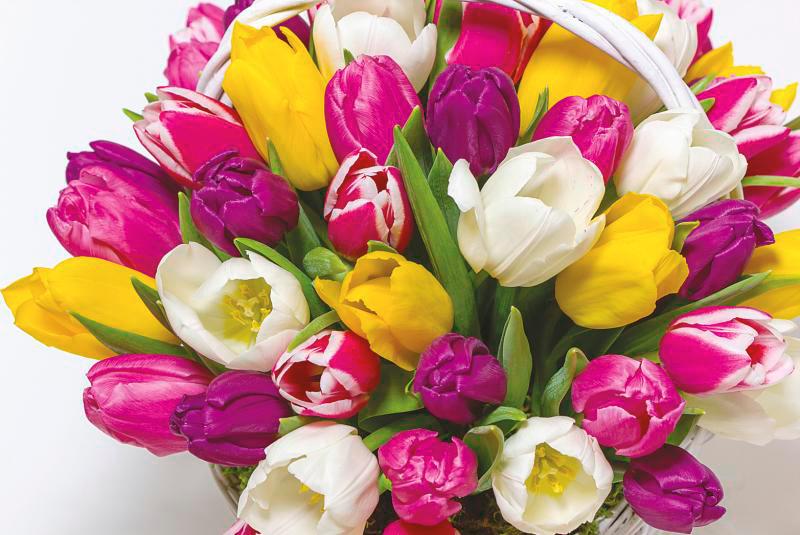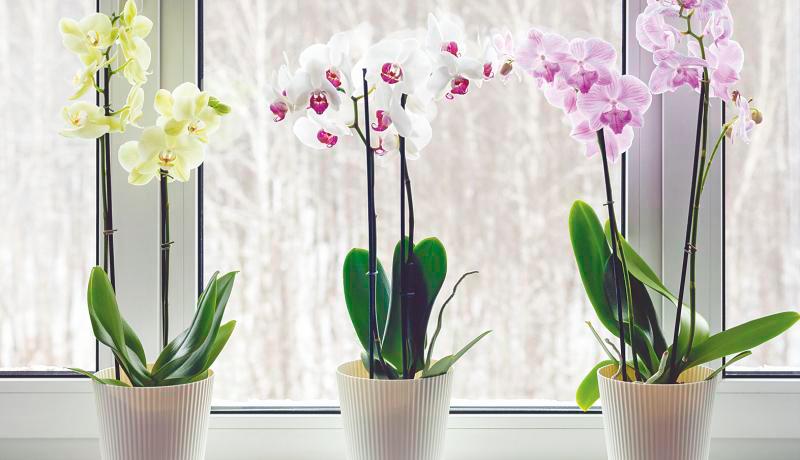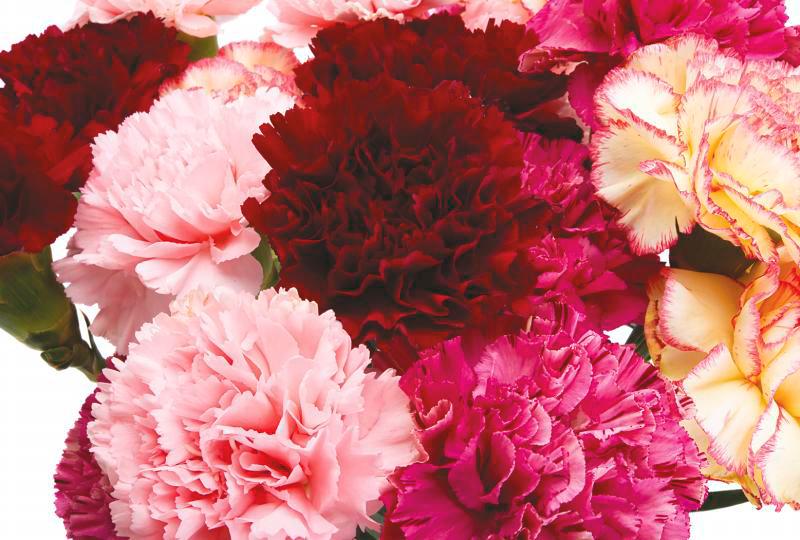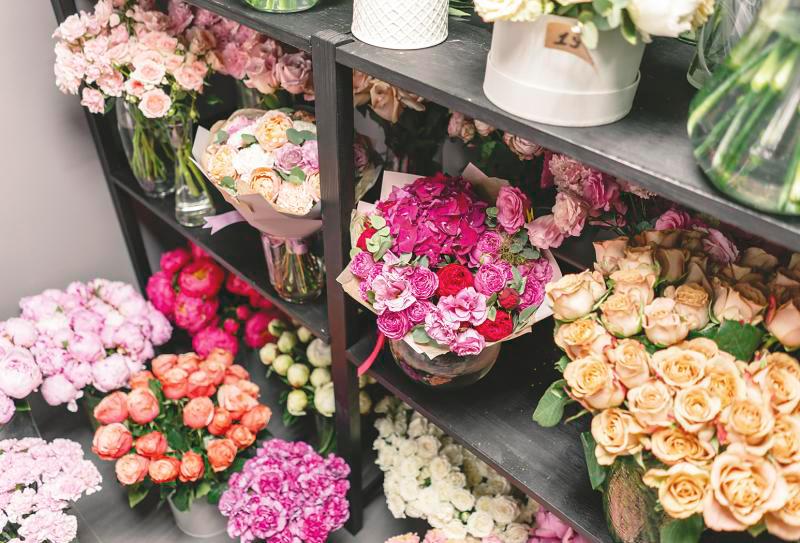EACH flower represents something unique. People have long used flowers as a means of communicating feelings that are difficult to put into words. Therefore, before choosing the ideal flowers for an occasion, birthday party, graduation, or other happy event, you should first read up on these unexpected flower meanings. Discover the floral language to make the best bloom selection for the significant individual in your life.
Baby’s breath
These small white flower bunches are really not only there to fill up bouquets. They stand for celebration and pleasure. While the origin of the term “baby’s breath” is unknown, some claim that it refers to the flower’s sweet scent or the fact that it is the “baby” of all flowers since it is so little and fragile. And if you want to keep a bouquet fresh, baby’s breath is ideal because it dries nicely by just standing up in a vase.
Rose
According to Greek mythology, the god of vegetation and rebirth Adonis is the source of roses. The most typical associations of roses are with romance and love. Roses may also stand for confidentiality or secrecy. “Sub rosa”, which means beneath the rose, is an old phrase. The significance of a rose changes depending on the flower’s colour. Orange flowers stand for excitement and passion, pink roses for grace, adoration, and delight, red roses for love and romance, yellow roses for friendship, and white roses for purity and innocence.

Lily
Lilies are frequently used in funeral bouquets and condolence displays since they are thought of as lovely sombre flowers. However, they are lovely enough to savour throughout any occasion! Llilies are thought to stand for rebirth and fertility, although each colour conveys a somewhat different message. Red lilies are said to signify love and passion, white lilies are thought to symbolise rebirth and purity, pink lilies are thought to signify femininity and adoration, orange lilies are thought to signify confidence, and yellow lilies are thought to signify thanks.
Tulip
Tulips are most commonly associated with flawless and intense love. Tulips have been associated with the concept of love since they are a traditional bloom that has been cherished by people for years. They are the perfect gift to offer your partner, kids, parents, or siblings, or anybody else you have a strong, unwavering affection for. These stunning pieces are a love letter. Tulips may also be used to make arrangements in a variety of ways, including as a single colour, a bright mix of tone-on-tone flowers, or combinations of clashing colours.

Sunflower
The sunflower gets its name from its propensity to turn itself toward the sun. Its name, Helianthus, derives from the Greek words “helios,“ which means “sun,“ and “anthos,“ which means “flower.” The yellow colour of the sunflower represents vigour, intellect, and pleasure. Yellow has long been used as a sign of friendliness. Due to its likeness to the sun, which is connected to spiritual understanding and the desire to find light and truth, sunflowers also represent adoration and fidelity in numerous religions.

Orchid
In antiquity, orchids were connected to virility in Greece. In fact, Greek women thought that if their pregnant child’s father consumed huge, brand-new orchid tubers, the kid would be a male. The woman would give birth to a daughter if she consumed tiny orchid tubers. Each hue of orchid has its own importance and meaning, making them a treasure of symbolism. Favourite orchids like Dendrobium, Cymbidium can have colours like red, pink, white, blue, green, purple, orange, and yellow. Although the word “orchid” has many different meanings in general, including wisdom, elegance, fertility, beauty, appeal, and affection, these magnificent blossoms are ideal for any event, even just to bring happiness.

Carnation
Because of its spiky petals that seem they were chopped with rotary cutters, carnations are sometimes known as pinks. Dianthus Caryophyllus is the scientific name for carnations. The meanings of the carnation include admiration, uniqueness, and love. Dianthus, which translates from the Greek as “Flower of Gods,“ is made up of the words “dios,“ which means “god,“ and “anthos,“ which means “flower.” Additionally, it loosely translates to “flower of love,“ which is an appropriate name for a carnation. The carnation flower represents love, enchantment, and uniqueness, so it’s no surprise that it’s so popular today and the greatest substitute for rose bouquets. Because of its enduring freshness and aroma, it also adds beauty to any bunch.











